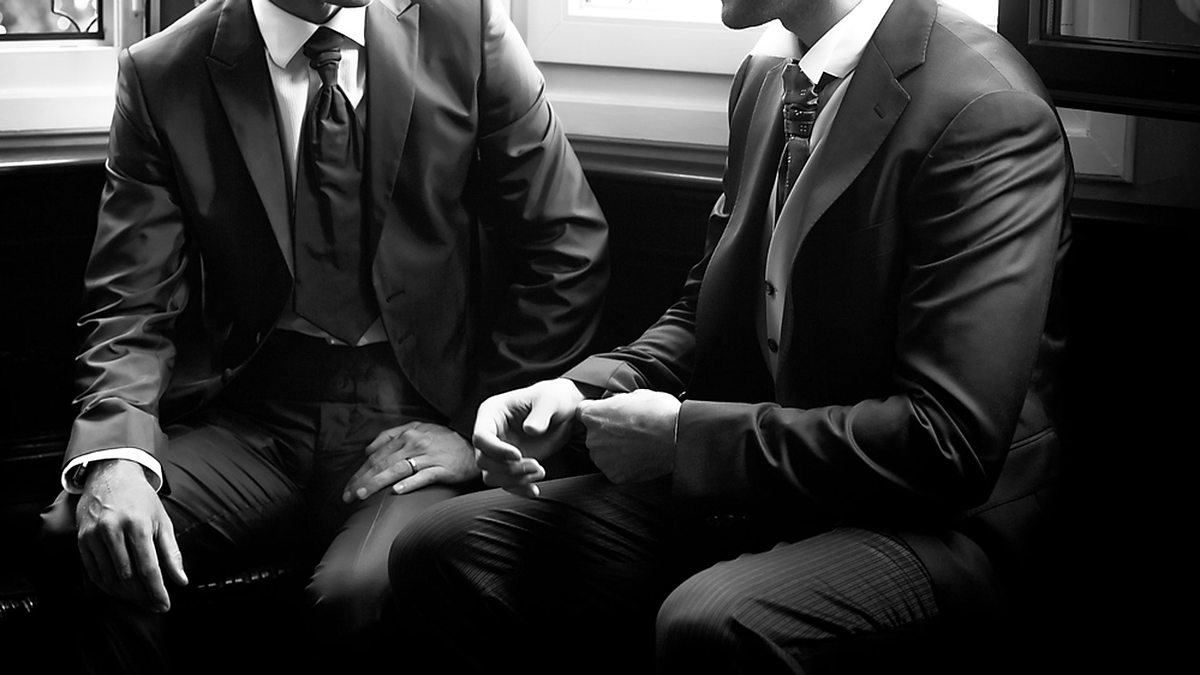My sporting career was formed by my role as a sidekick, which demonstrated that my strengths lay elsewhere.
A guy from the team was supposed to meet me at the airport in Munich. It was the first week of August, 1996. Grown-up life was about to begin: my first real job. I had no address to go to and no phone numbers to call. The club had promised to give me an apartment to live in but, as I wandered through the terminal, looking for my ride, I really had no idea where I’d be sleeping that night.
Luckily, Grescho was easy to spot. We were about the same height, 6ft 6in. “Basketball?” he said. I nodded and followed him out to the parking lot. The car was the coach’s; Grescho was doing him a favour. The rest of the team was having lunch at some restaurant in town. As he drove the stick-shift jerkily through the Bavarian countryside, Grescho spoke a little TV-show English with a thick accent.
At some point, I switched into German, maybe to show off (my mother is German). After that, the conversation flowed easier, but it was my first mistake. American basketball players in Europe belonged to a kind of aristocracy, the elite. Clubs had quotas on the numbers of foreigners they could hire. My German passport had been my ticket to a job, but fluency also meant I was just one of the guys. That’s the thing with athletes: they take advantage. Everything is a competition, even conversation, and you don’t win by listening well and asking people questions.

Jonny was fighting not just for his job, but for his sense of identity, and I had put myself in the middle of this argument, interpreting. “I’m the best damn player on this team,” he said. “I’m probably the best damn player in this shitty league. Tell him, that. Ben, tell him that.”
It didn’t matter. Jonny could boss all of us around on the court, but if he’d come to the club in a position of power, he would never have signed that contract in the first place. And they let him go.
I never saw Jonny again. But that didn’t stop me from writing about him or what I learnt from him, even after I quit, too, and went home. My most recent novel describes the complicated friendship between an NBA star and his childhood friend, who grows up to be a sports writer. The gap between them is not just a gap in talent but in the kind of lives they might want to lead: an ordinary good life or something more exceptional. The beauty of writing of course, as Schiller realised, is that it’s a game where you get to make the rules. And where failure itself turns into just another interesting experience.
“The Sidekick” by Benjamin Markovits is published by Faber
Follow @FTMag on Twitter to find out about our latest stories first
















